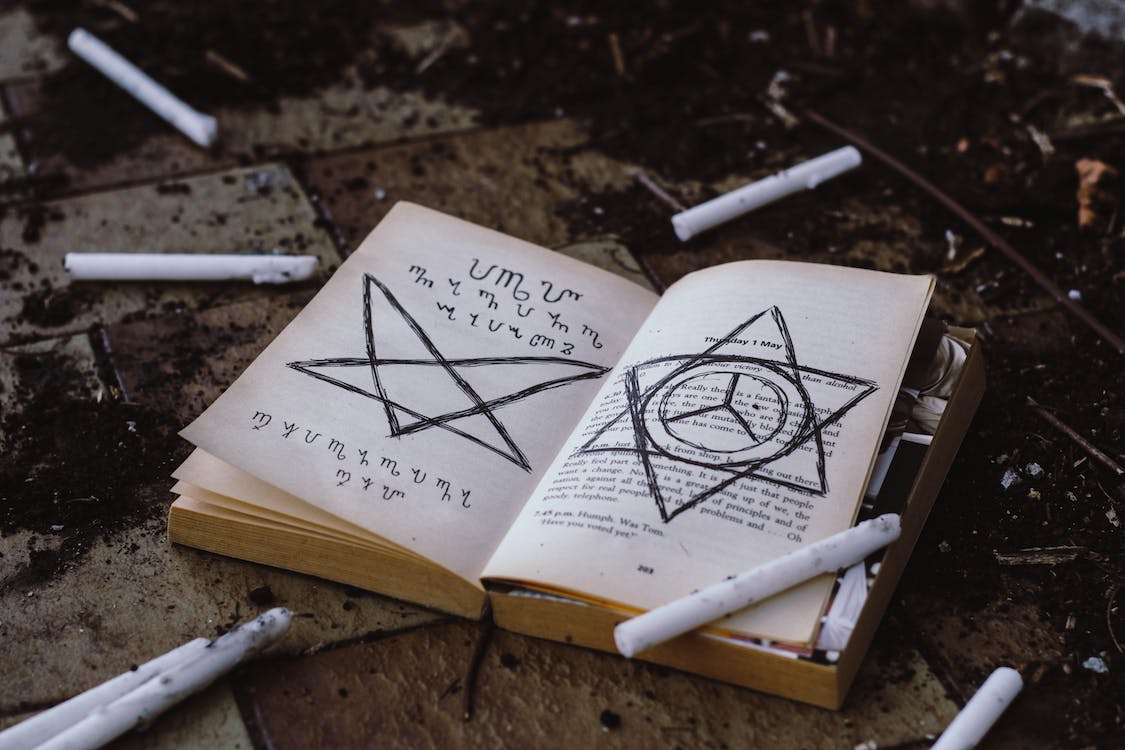
FAQ About Wicca

Are there Wiccan clergy or leaders?
Yes, within the Wiccan community, there are individuals who serve as clergy or leaders. However, it's important to note that the structure and roles of leadership can vary among different Wiccan traditions and groups.
In some Wiccan traditions, there may be specific titles and roles for individuals who have undergone formal training, initiation, and have accumulated a certain level of experience and knowledge. These individuals may be referred to as High Priests, High Priestesses, Elders, or clergy, depending on the tradition.
The clergy or leaders in Wicca often have responsibilities that can include leading rituals, providing spiritual guidance and counseling, teaching and training others, officiating rites of passage (such as handfastings and baby namings), and preserving and passing down the teachings and traditions of their specific lineage or tradition.
It's important to recognize that not all Wiccans aspire to or have access to formal leadership roles. Many Wiccans practice as solitary practitioners or in small, informal groups without a designated clergy or hierarchical structure. Wicca places emphasis on personal responsibility, individual connection with the divine, and the development of one's own spiritual path. Therefore, leadership and authority in Wicca can also arise from personal experience, knowledge, and dedication to the craft.
The Wiccan community is diverse, and there are many different approaches to leadership and community organization. Some Wiccans may engage in community leadership roles, while others may focus more on their individual practice or participation in informal groups. Ultimately, the structure and roles of leadership in Wicca are determined by the specific traditions and groups within the wider Wiccan community.
